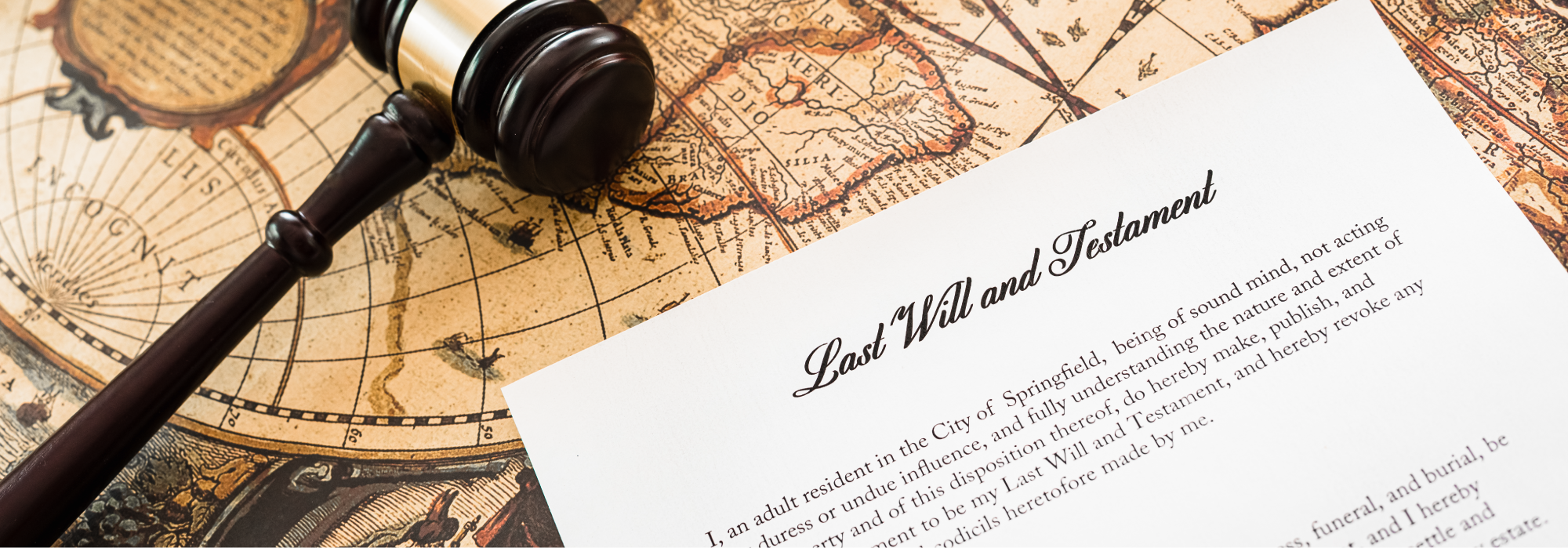When it comes to estate planning, two of the most common tools are wills and trusts. Both serve the purpose of directing how your assets are handled after death, but they operate in different ways and offer distinct advantages. Choosing between them — or deciding whether to use both — depends on your unique circumstances, family needs, and financial goals.
A will can be seen as the foundation of most estate plans, while a trust often adds another layer of flexibility and privacy. Understanding how each tool functions will allow you to make informed decisions and ensure that your estate is managed according to your wishes. By comparing their strengths and limitations, you can build a plan that protects your family and preserves your legacy.
Why Estate Planning Tools Matter
Estate planning tools like wills and trusts serve as the legal roadmap for your future. Here’s why they are so important:
- Asset Distribution – They provide a clear path for how property, accounts, and personal items should be distributed.
- Family Protection – Wills and trusts prevent confusion and conflict among heirs by outlining your intentions.
- Guardianship Designations – Wills allow you to name guardians for minor children, ensuring their care is managed by someone you trust.
- Financial Continuity – Trusts can maintain financial stability by managing assets without interruption.
- Legal Certainty – Having these documents in place reduces the chance of disputes and costly legal challenges.
These tools make sure that your voice is heard, even when you are no longer able to speak for yourself.
What a Will Provides
A will is one of the simplest and most widely used estate planning documents. At its core, it allows you to name beneficiaries who will inherit your property and assets. You can also designate an executor, the individual responsible for carrying out your wishes, paying debts, and managing the distribution of your estate.
One of the most important roles of a will is naming guardians for minor children. Without a will, a court may determine who will raise your children, which may not align with your preferences. While wills must go through probate — the court process of validating and administering the document — they remain an essential tool for anyone who wants to ensure their estate is handled in a structured way.
What a Trust Provides
Trusts are more complex than wills, but they also offer broader benefits. Common features include:
- Avoidance of Probate – Assets in a trust pass directly to beneficiaries, bypassing the often time-consuming and costly probate process.
- Control Over Timing – Trusts can specify when and how beneficiaries receive assets, such as at certain ages or milestones.
- Privacy – Unlike wills, trusts are not public record, which helps keep your estate matters private.
- Tax Efficiency – Some trusts may offer tax advantages, helping preserve wealth for heirs.
- Continuity of Management – If you become incapacitated, a trust allows a successor trustee to manage assets without court involvement.
These benefits make trusts a valuable option for individuals who want greater control and protection over their estate.

Key Differences Between Wills and Trusts
While both wills and trusts play important roles, they differ in cost, flexibility, and legal processes. Understanding these differences can help you decide which aligns better with your needs.
Research shows that many Americans are unprepared when it comes to these tools. A 2023 survey by Caring.com found that only 34 percent of U.S. adults have an estate planning document such as a will or trust in place (Caring.com, 2023, 2023 Wills and Estate Planning Study, https://www.caring.com/caregivers/estate-planning/wills-survey/). This gap highlights the importance of taking proactive steps. Wills are typically less expensive and simpler to create, but they involve probate and provide less control over asset distribution timing. Trusts require more upfront planning and cost, but they offer privacy, flexibility, and smoother transitions for beneficiaries.
How to Decide Which Option Fits Your Needs
The decision between a will and a trust depends on your personal and financial situation. If you have minor children, a will is essential for designating guardianship. If privacy and avoiding probate are top priorities, a trust may be the better choice. For many people, a combination of both provides the strongest protection.
Factors such as the complexity of your estate, your health, and your long-term goals also play a role. Consulting with an advisor or estate planning attorney can help you weigh the costs and benefits of each option. Ultimately, the right solution is the one that ensures your wishes are carried out and your loved ones are cared for without unnecessary complications.
Taking Action on Your Estate Plan
Estate planning is not just about protecting assets — it is about protecting your family’s future. Wills and trusts serve as powerful tools that give you control, provide clarity, and ensure your wishes are honored. By taking the time to understand their differences, you can make informed choices that align with your personal values and financial goals.
If you do not yet have a will or trust, now is the time to begin the process. Working with a trusted advisor can help you determine which approach best fits your needs. With the right plan in place, you can move forward with confidence knowing that your estate is structured to support your loved ones for years to come.












